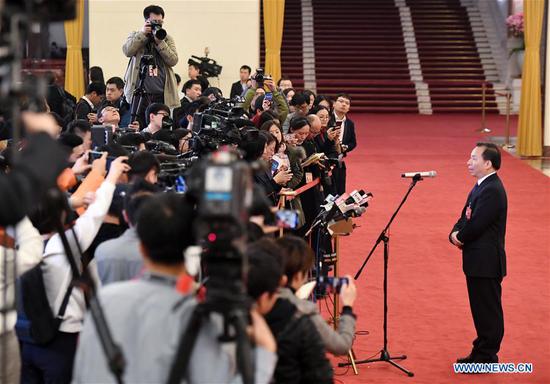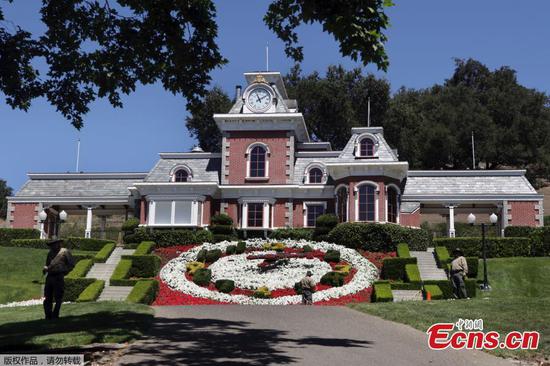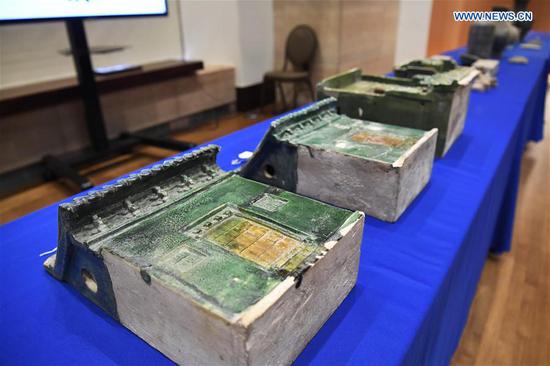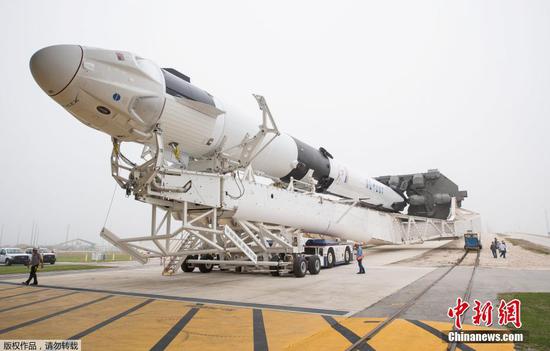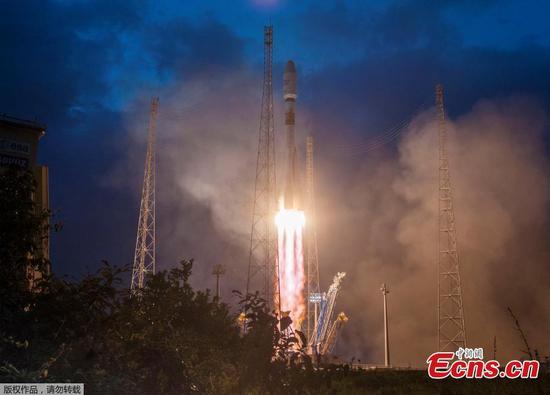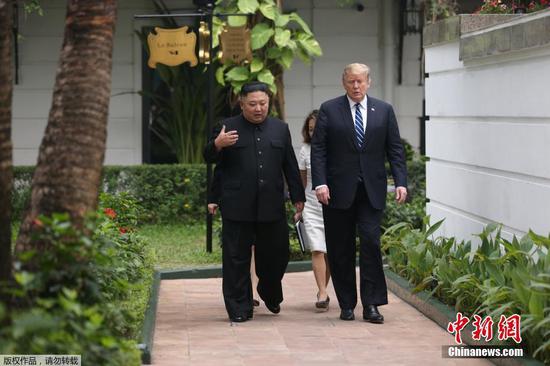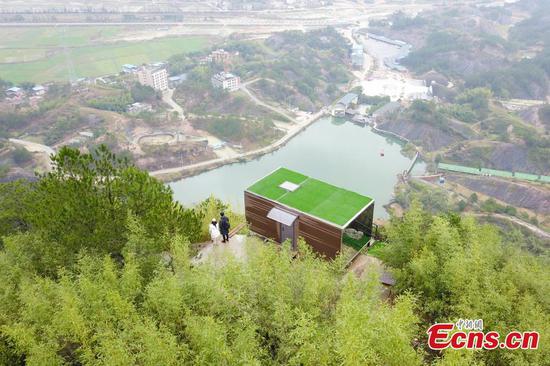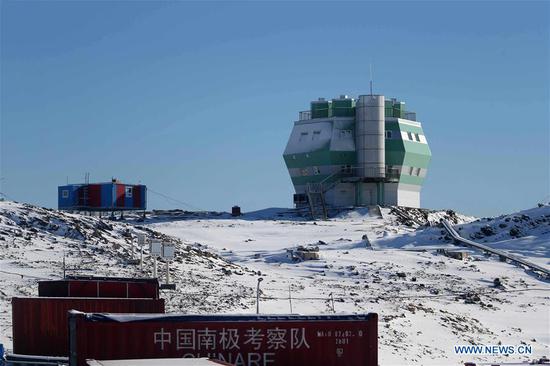Outbound real estate investment from the Chinese mainland declined 63 percent year-on-year to a four-year low of $15.7 billion in 2018, according to the 2019 Outbound Investor Intention Survey, published by Cushman &Wakefield Research.
Hong Kong remains the top destination for real estate investment of developers from the Chinese mainland.
The United States and the United Kingdom remain attractive despite the ongoing US-China trade frictions and Brexit-related uncertainties.
The US recorded $2.3 billion worth of acquisitions against $3.1 billion of disposal volume, suggesting a net outflow of Chinese real estate capital from the US.
The overall decline was in part due to weakening Chinese investor sentiment, tightened policy controls and growing economic headwinds.
Hong Kong took the first place for the second year in a row by attracting $9.5 billion in property investment, albeit with a 20-percent year-on-year decrease, as per data of both Real Capital Analytics or RCA and Cushman &Wakefield Research.
The U.S. and Australia are ranked second and third with $2.3 billion and $1.3 billion respectively.
Hong Kong's attraction can be attributed to its high levels of transparency, cultural alignment, and absence of any real language barrier, according to James Shepherd, who heads China-related research at Cushman& Wakefield.
"Mandarin is more widely spoken in Hong Kong these days, and some Chinese mainland funds have flowed through Hong Kong so it's an easy place to put funds to work in a holding pattern while considering other global opportunities. Good opportunities have presented themselves. The GBA (or Greater Bay Area covering the Guangdong-Hong Kong-Macao area) is set to boost the South China region, and produce synergies with their Chinese mainland businesses," said Shepherd.
James Macdonald, senior director and head of Savills China Research, said: "It would be fair to say outbound institutional investment in 2018 fell by roughly two-thirds from the level in 2017. At the same time, we have seen an acceleration in disposals-$5.8 billion from income-producing assets priced above $100 million."
RCA data showed while reining in their spending on overseas real estate, Chinese investors sold off over $12 billion worth of overseas assets in 2018, indicating the start of a massive shift in activity now weighted more heavily toward disposals.
The frenzy of disposal activity was driven primarily by ongoing stiff policy control back home, led by a clampdown on lending to real estate developers and investors, the report said.
About 84 percent of investors in China polled said they had either frozen or reduced their overseas real estate allocations over the past year compared to the previous year.
"Survey results, particularly on sentiment by destinations, views on yuan appreciation and global gateway property prices, have shown Chinese mainland real estate investments overseas are becoming more prudent and selective under the guidance of the government investment policies," said Jason Zhang, head of China outbound investment and advisory services, Cushman &Wakefield.
Office and residential are the top two sectors that continued to attract most interest for acquisitions, with senior care leaping three places to take third place. Sectors shifting down a gear in terms of sentiment were led by hotels, where interest plunged 50 percent, the report said.
Typically, Chinese investors are more aggressive when they identify good opportunities that are closely aligned with their investment mandates. Approval process aside, they would typically transact more quickly and may be less likely to lose deals as a result, according to Shepherd.
Experts agreed Chinese outbound investment will remain flat amid the expectation that a tight real estate lending environment will remain in place and continue to restrict deployment of Chinese mainland capital globally.
"This year will continue to be 'quiet' in terms of investment volumes, but we expect to see more M&A activities in real estate," said Zhang.
Projects located in countries and regions related to the Belt& Road Initiative may see increased interest as well as residential blocks for lease, development of logistics centers and senior care homes where platforms are available, said Shepherd.
CBRE expects Chinese outbound real estate investment to remain lackluster this year, with the wave of disposals set to continue.









